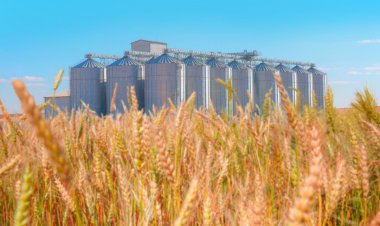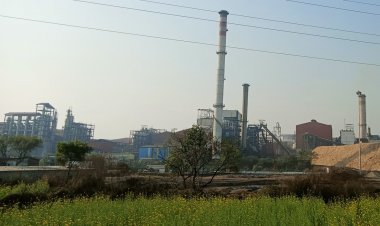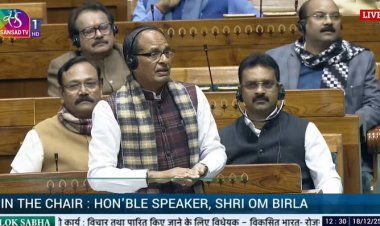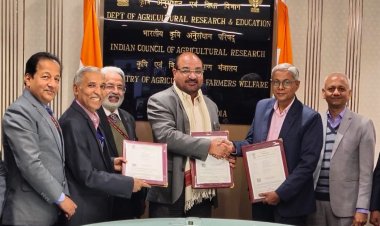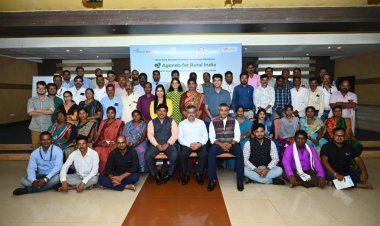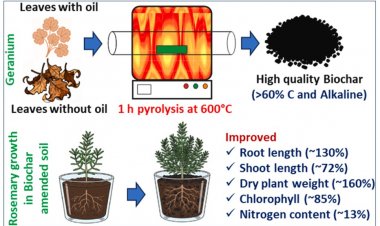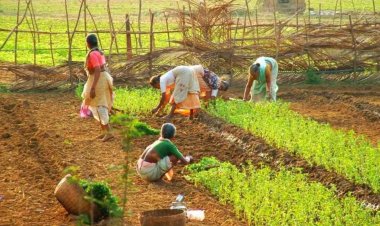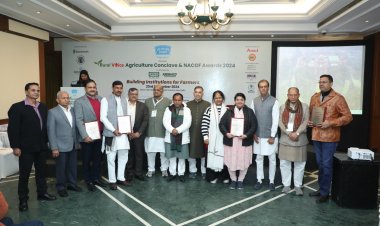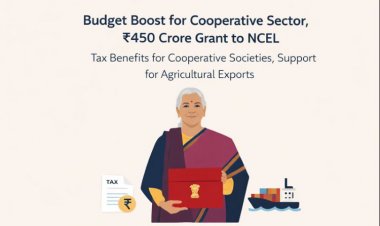India’s performance on 85 of Sustainable Development Goal parameters has improved, with progress stagnating on 27 counts and worsening on 36, according to a new report released on Thursday by the United Nations Economic and Social Commission for Asia and the Pacific (UN-ESCAP).
Data released by the UNESCAP as part of the Asia and the Pacific SDG Progress Report: Showcasing Transformative Actions 2024 indicated that the country still had quite a few indicators where data availability was an issue.
The report also noted 25 emerging challenges for the Indian economy, which included rising obesity levels among children, higher annual inflation and resources made available to strengthen statistical capabilities.
India’s inflation is likely to average 5.4% in FY24, higher than the 4% target set by the central bank.
UNESCAP also noted the regression caused by Covid-19 in achieving SDG targets.
In India, the All India Survey on Higher Education for 2021-22 found that female enrollment in higher education as a ratio of total enrollment has reduced post-pandemic.
Along with gender, where people live is a key factor in determining levels of poverty and inequality in Asia and the Pacific
Progress on the 17 Sustainable Development Goals (SDGs) remains uneven and inadequate across various segments of the population and within the five subregions of Asia and the Pacific.
According to the report, gender and location remain key factors in determining levels of poverty and inequality in the region.
“While additional efforts are required across the board, granular data emphasizes the urgency of addressing inequalities that impact marginalized groups, including women, girls, rural populations and the urban poor, who continue to find themselves locked out of education and employment opportunities,” underscored United Nations Under-Secretary-General and Executive Secretary of ESCAP Armida Salsiah Alisjahbana.
“Equally, the sustained progress gap revealed between countries in special situations, especially Pacific small island developing States, and the rest of the region demands a concerted response from international, regional and national partners,” Alisjahbana added.
At its current pace, the report highlighted that the region will not achieve all 17 SDGs before 2062 – marking a significant 32-year delay. While positive steps have been taken toward eliminating poverty (Goal 1) and bolstering sustainable industry, innovation and infrastructure (Goal 9) in the region, progress in other critical areas has been more modest.
Efforts towards mitigating hunger (Goal 2), enhancing health and well-being (Goal 3), ensuring the availability of clean water and sanitation (Goal 6), expanding affordable and clean energy (Goal 7) and building sustainable cities and communities (Goal 11) have been less pronounced and require heightened attention.
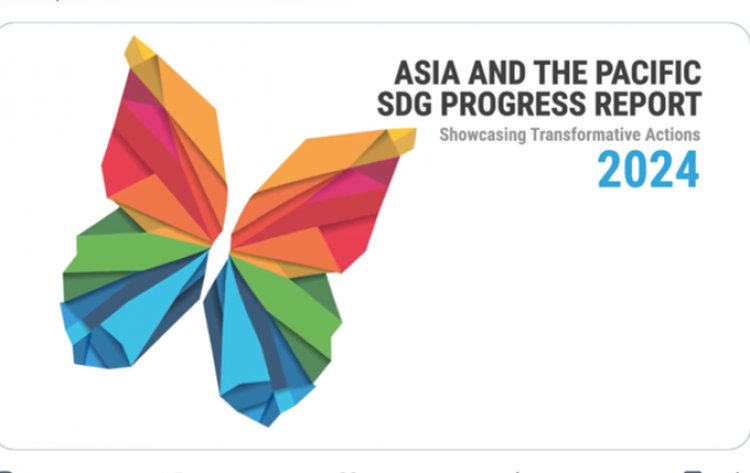



 Join the RuralVoice whatsapp group
Join the RuralVoice whatsapp group

















